Would you harass a stranger in public? Most people, when asked such a question, would respond with an immediate, “No, of course not.” Most people would find this question ridiculous, since most people have a natural instinct to treat strangers with decency and respect.
However, when pop star Chappell Roan asked a similar question in one of two TikToks posted on August 19, she was met with quite a different response.
Roan has become synonymous with the idea of an overnight sensation. She is known not only for her skyrocket rise to fame, but also for her loud and proud persona. Through her songs and drag-inspired performances, she has captivated queer audiences around the world.
Roan has given new meaning to self-expression and self-love. English teacher and Chappell Roan fan Mrs. Carter says, “Whether you like or agree with the content of her songs, it is clear that she is not afraid to be who she truly is, and I think that is one of [her] most admirable traits.”
In her debut album, ‘The Rise and Fall of a Midwest Princess,’ Roan tells a story of self-discovery. She sings about her failed relationships with men, as well as moving away from her family in the south to pursue her dreams in California. This is where she discovered not only her true queer identity, but also a community that accepted her in a way she never knew possible.
It’s this realness, this vulnerability, and immense self-assuredness through it all that have people clinging to Roan and her music once they find her. Fans relate to Roan because they see themselves in her. They not only love her songs and her message, they love her.
Loving a celebrity is nothing new. It’s completely normal to have a poster of your favorite artist hung up on your wall. To go to their concerts, scream along to their songs and buy their merchandise. It’s completely normal to idolize someone who you look up to.
The term “parasocial relationship” has become increasingly popular with the growth of social media and the enhanced connection and accessibility fans have to celebrities. A parasocial relationship is a one-sided relationship in which one person devotes their time and emotional energy to someone they don’t actually know. It’s when these sorts of relationships become too intense, when the love fans feel for their favorite celebrities becomes obsessive, that the problem arises.
On August 19, 2024, Roan uploaded two TikToks to her feed after facing numerous uncomfortable fan interactions. In the first one, she asks a series of hypothetical questions including, “If you saw a random woman on the street would you yell at her from a car window?” She goes on to ask the viewer if they would harass this random woman, follow her around, stalk her family. Roan’s intention with this video was to highlight how she is a random woman to all her fans. The way she asks these questions makes what faces from fans seem absurd, there’s no way anyone would ever harass a random person on the street, so why would anyone harass her?
This TikTok was a result of countless fan interactions Roan had experienced where she felt incredibly uncomfortable, unsafe, and violated. In an interview for Rolling Stone, she listed some of these experiences: she has a stalker which led to her having to hire security; one time a fan asked her for a photo while she was on the phone arguing with her girlfriend and was visibly upset and crying; a group of fans got a hold of her flight information and met her at the airport, among which was a man who got so upset when she refused an autograph, airport police had to be called; that same man was present among a group of paparazzi who bombarded Roan after landing at LAX; a fan grabbed Roan and kissed her while she was at a bar celebrating her friend’s birthday; and the final straw which ultimately led to Roan finally speaking out, was her father’s phone number getting leaked online leading to him getting calls from fans.
In the second TikTok, posted directly following the first, Roan expresses how she doesn’t care that harassment and creepy behavior is “normal” for celebrities to deal with. She also posted on her Instagram a few days after, on August 23, where she made a written statement on the matter.
Roan was met with a lot of backlash from people online, calling her entitled and ungrateful. However, in her Instagram post, Roan specifically stated, “This has nothing to do with the gratitude and love I feel for my community… I am specifically talking about predatory behavior (disguised as ‘superfan’ behavior) that has become normalized because of the way women who are well-known have been treated in the past.”
Junior Grey Hall says, “I love that she is speaking up for herself. Boundaries are important to her and should be respected. Paparazzi have a long history of harassment and abuse toward celebrities. Someone should not be stalked and threatened simply because they are famous.”
There were also those who argued that she chose this career path, and in doing so, she signed up to deal with odd behavior. People who have never had to deal with stalkers or with being bombarded by strangers every time they step outside have claimed that this is simply the price one pays for fame, and that Roan either has to deal with it or step out of the limelight.
But is this really true? Is this really the price one must pay for fame? Sure, it’s normal for celebrities to be harassed, followed, stalked and obsessed over. But just because something is common doesn’t mean it’s okay.
Roan isn’t the only one who’s tired of weird “superfan behavior.” After speaking out, multiple celebrities reached out to her to extend their support. Among these celebrities was singer-songwriter Mitski, who sent Roan an email welcoming her to, “the shittiest exclusive club in the world, the club where strangers think you belong to them and they find and harass your family members.”
Clearly, this sentiment is shared among the industry. But the question still remains, why? Why are celebrities treated this way? Why are they expected to be treated this way? Well, there is no definitive answer, as there rarely ever is with these sorts of things. But one explanation could be that fans simply don’t see celebrities as what they are.
Fans don’t see celebrities as just people, much less strangers. How could they? When they have so much information about their idol right there at their fingertips? Fans believe that they know celebrities, but at the same time, they don’t see them as they would see their friends or people they actually know in real life. They see celebrities almost as objects, a means to their own entertainment and enjoyment.
But celebrities aren’t any less human just because they’re famous. Roan, despite her seemingly overnight success, worked for years to build her career, all while battling with depression, suicidal ideation, and Bipolar II. With the amount of blood, sweat, and tears she has put into her art over the years, it would be a disgrace to see her as anything less than human. And at the same time, it would be a disgrace to claim to know her beyond her craft. Chappell Roan is a character, she is whatever her creator wants her to be. You see whatever she wishes to show you. To ask for anything more is not only greedy, but undermining the work put into the performance.
So to answer the question, “What do celebrities owe their fans?” nothing more than they would owe a stranger. Of course, fans play a vital role in a celebrity’s career, essentially being what gives a person fame. But this is a mutual exchange. An artist gives the audience art and in return, the audience gives the artist the opportunity to create more. That is the extent of the relationship. Beyond that, we’re all just strangers who should treat each other with respect.


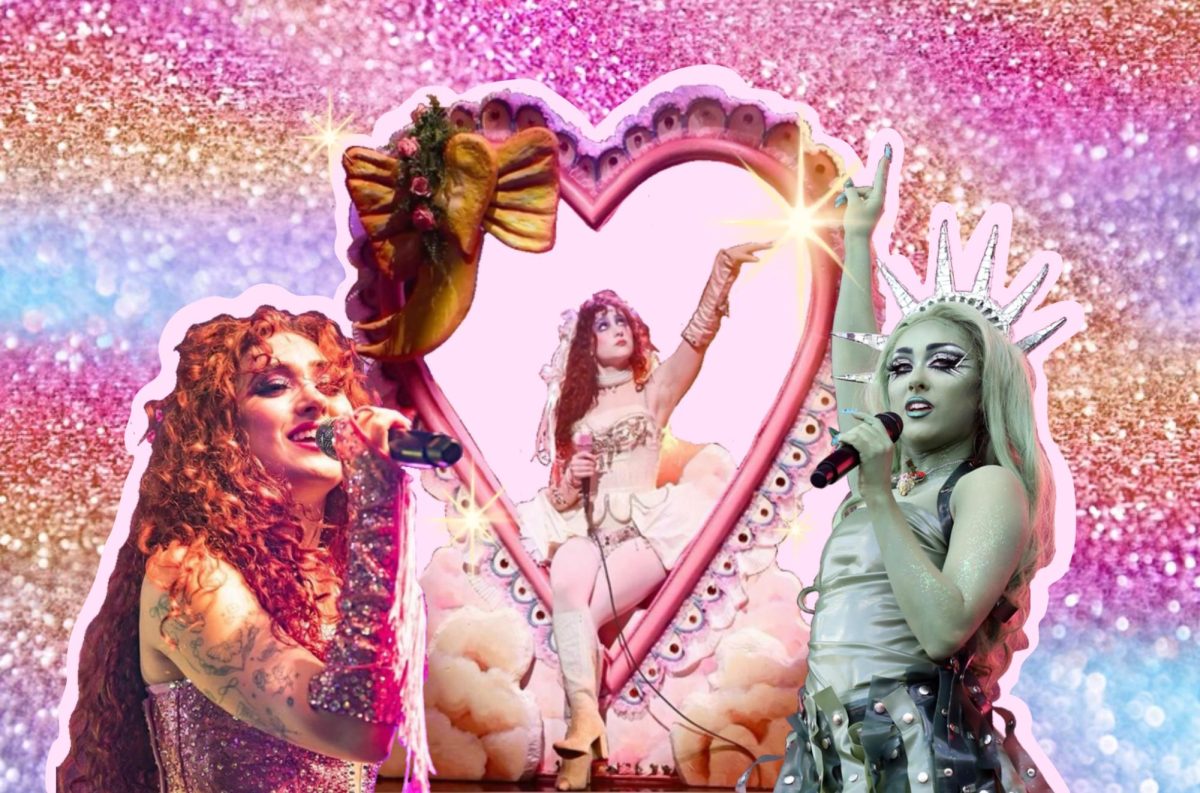

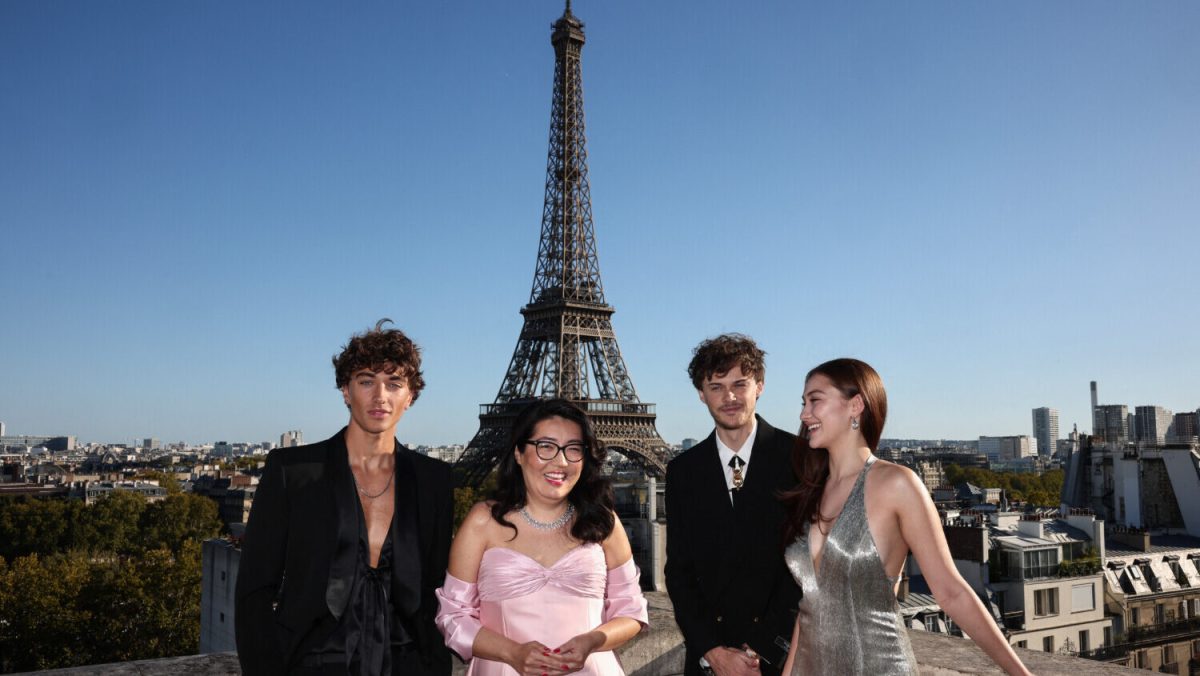
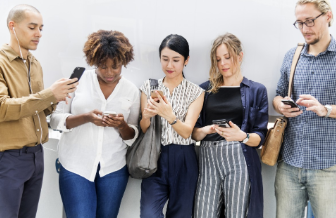

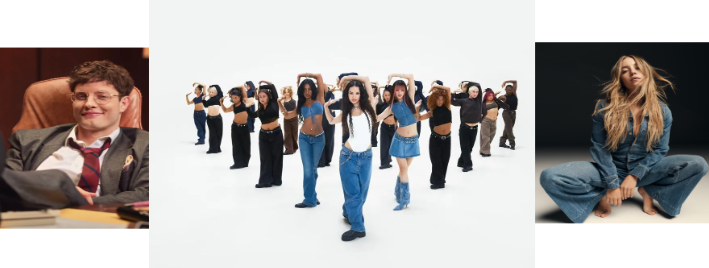
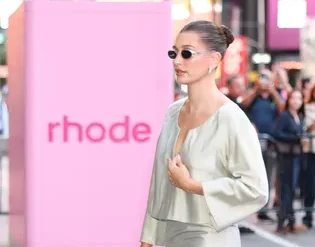

Anessa Myers • Sep 26, 2024 at 9:03 am
literallyyyyy
Sadie Kelsey • Sep 25, 2024 at 1:31 pm
YESSSSSSS